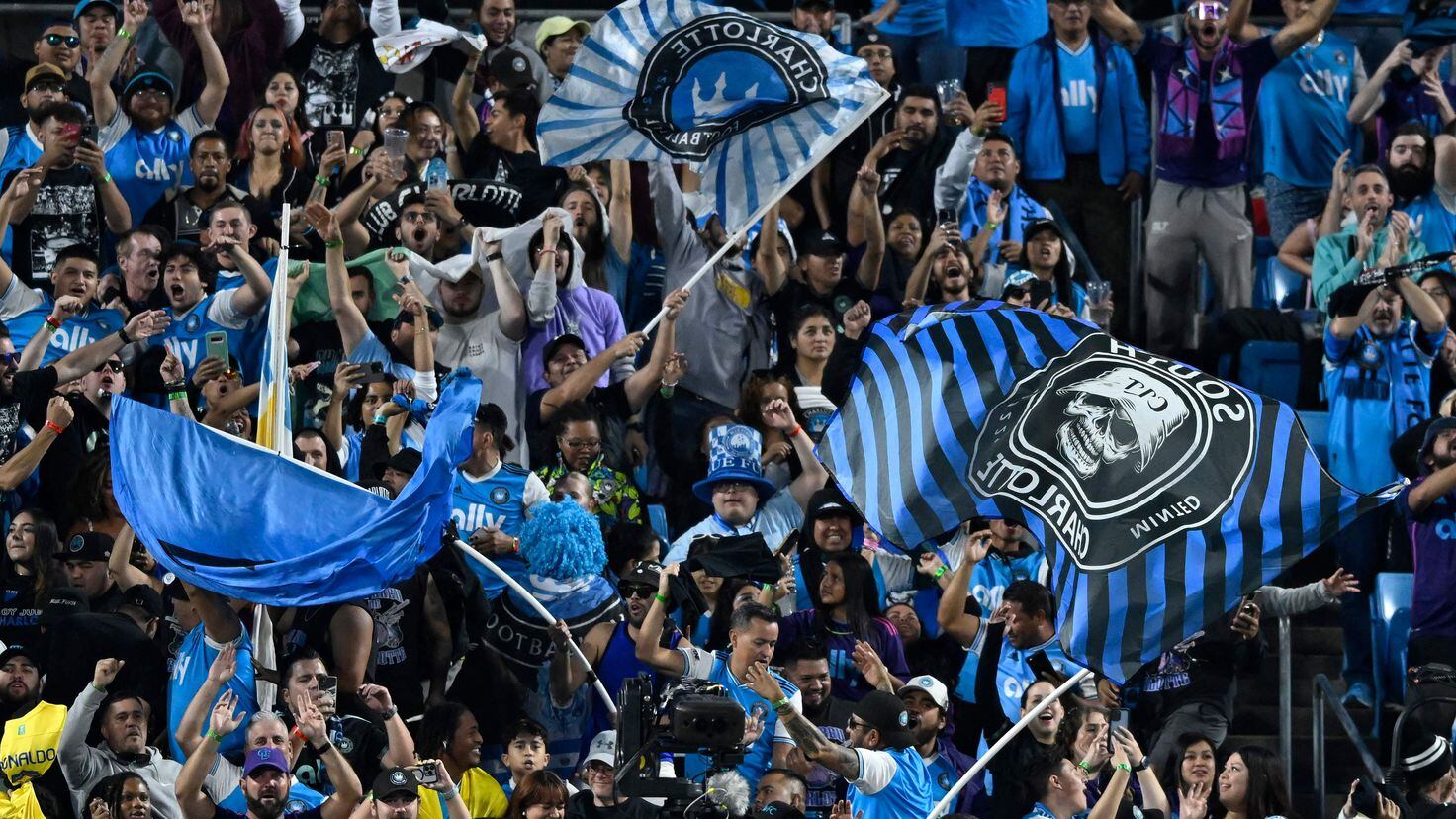Unable to vote, Venezuelan diaspora hopes for an end to a quarter-century of socialist rule
MIAMI – Patriotic Venezuelans hoping for the end of a quarter-century of socialist rule met on Sunday at Dolphin Mall in Sweetwater, outside the consulate in Miami’s Brickell neighborhood, at Jose Marti Park in Miami’s Little Havana, and at restaurants in Doral.
The opposition living in Miami-Dade County blames the United Socialist Party of Venezuela for creating the desperation in the oil-rich country that has forced more than 7.7 million to emigrate — most in need of international assistance.
The exiled opposition blames Nicolás Maduro and his administration for failing economic policies; prevailing corruption; one-sided alliances with Cuba, Russia, and China; and media and political repression.
Their common chant against Maduro’s third term: “Freedom! Freedom! Freedom!”
The ruling party — campaigning with triumphal rallies for Maduro to stay in power for six more years — controlled most of the electoral process. Officials opened the polls from 6 a.m. to 6 p.m., on the day Hugo Chávez, Maduro’s predecessor, was born. The Washington Post described the voting registration process as a “mind-bending odyssey.” Karina Morales, a Venezuelan in Miami, agreed.
“They made it impossible for us to be able to vote and that’s a crime because those of us who had to leave, those of us who had to learn how to park cars, and clean because we don’t speak English, those of us who know about medication shortages, those of us who couldn’t deal with the rising crime — we should have been allowed to vote here,” said Morales, whose cousins were updating her on WhatsApp.
Attorney Maureen L. Porras, a Nicaraguan-American Doral councilwoman, stood by her colleague Rafael Pineyro to support the persecuted and impoverished who couldn’t travel to Venezuela to participate in the electoral process. They were hopeful outside of the Venezuelan consulate.
“Today we’re closing a chapter, a chapter of a regime that has killed thousands of people,” said Pineyro, 40, who moved from Caracas to Miami when he was 15 and was elected to serve as a Doral councilman in 2022.
Chávez, a military strongman with promises of populist reform, was in power for about 14 years, and after dying of cancer in 2013, left his failing Bolivarian revolution to Maduro, a former bus driver for the Caracas Metro company turned unionist.
“I’m doing this for my kids and for my grandchildren; I want them to come back, the ones who are living abroad,” said Amelia Perez, who ventured out to vote in Caracas.
The opposition alleges corruption was behind Maduro’s reelection in 2018. The U.S. and a group of allies declared it as illegitimate. Many expected the same from a ruling party obsessed with controlling every branch of government.
Edmundo González, a retired diplomat and academic, was the opposition’s candidate after Maduro’s supporters in the Supreme Court invalidated Maria Corina Machado’s candidacy and banned her from running for office for 15 years.
“For my children, for yours, for my prisoned friends, for every Venezuelan who was prevented from voting today; and also for you and for me,” Machado wrote in Spanish on Facebook after voting. “More than 9 million people have already voted.”
Machado, 56, campaigned for González, 74, a political newcomer who wore a white long-sleeve guayabera and jeans to vote. Their rallies across Venezuela always included the same “Freedom! Freedom! Freedom!” chant that echoed in Miami-Dade County on Sunday.
IN ESPAÑOL: La información más reciente sobre la elección presidencial en Venezuela
Copyright 2024 by WPLG Local10.com – All rights reserved.



